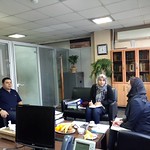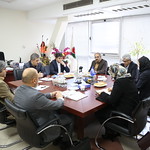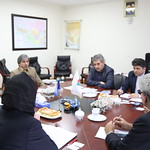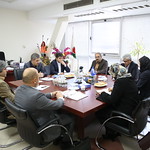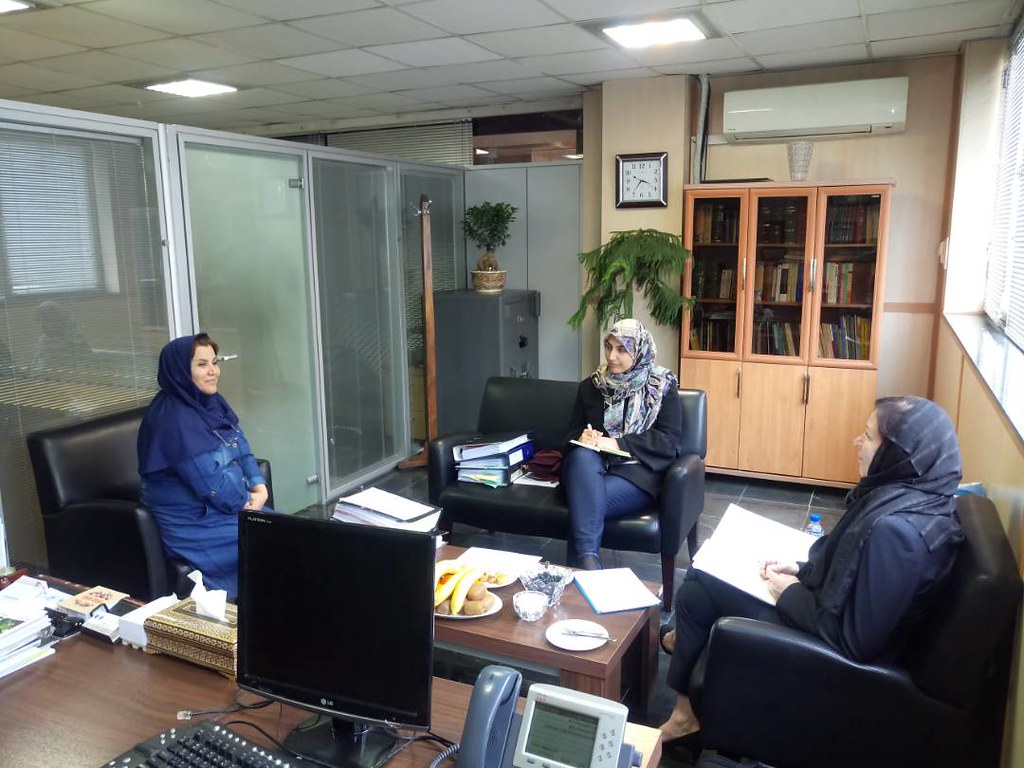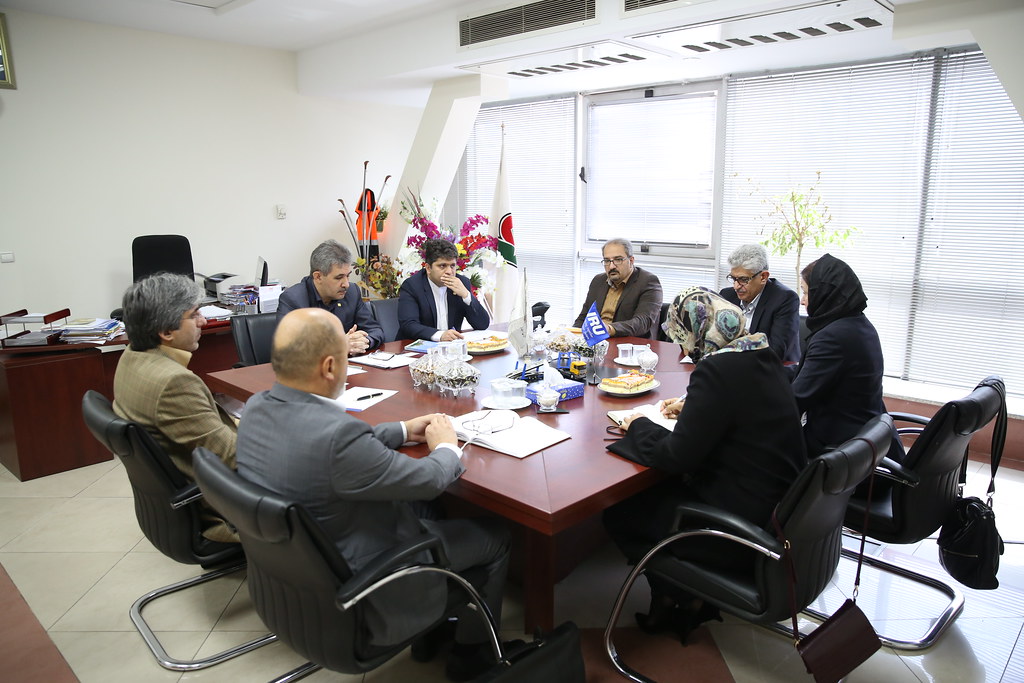Recent high-level meetings and coordination efforts by IRU member, ICCIMA, have put the focus on Iran’s role as a regional transit hub facilitating trade between Asia and Europe.
IRU gives full support to these initiatives and congratulates Iran on its implementation of digital TIR, which includes the opening of seven new customs offices under the global transit system.
Meeting in Tehran, IRU, ICCIMA and the relevant Iranian authorities reviewed the latest developments on organising TIR operations with Pakistan, India and Qatar.
Slovenian and Iranian transport companies participating in the meetings also discussed intermodal TIR operations, in particular the successful intermodal TIR operation from Slovenia to Iran in 2017 involving road, rail and sea transport.
Operational bottlenecks were identified by both sides, with each agreeing to promote these transport operations and work together to find common solutions for existing and potential challenges.
Iran informed meeting participants that South African trade and transport representatives visited the country to learn more about TIR. Serving as a model, the Iranians gave detailed information to the South Africans on how the public and private sector can work together to optimise TIR.
The Iranian authorities also expressed their willingness to host delegations from other countries which are new to TIR and those which are interested in joining the TIR network.
Iran additionally called for more international coordination on e-CMR and intermodal pilot transports in a bid to further advance digital logistics.
The newly opened TIR-ready border points include: the ports of Bandar Abbas, Chabahar, Lengeh, Dayyer (close to Qatar), Mirjaveh (border with Pakistan), Milak (border with Afghanistan) and Razi (rail border with Turkey).





